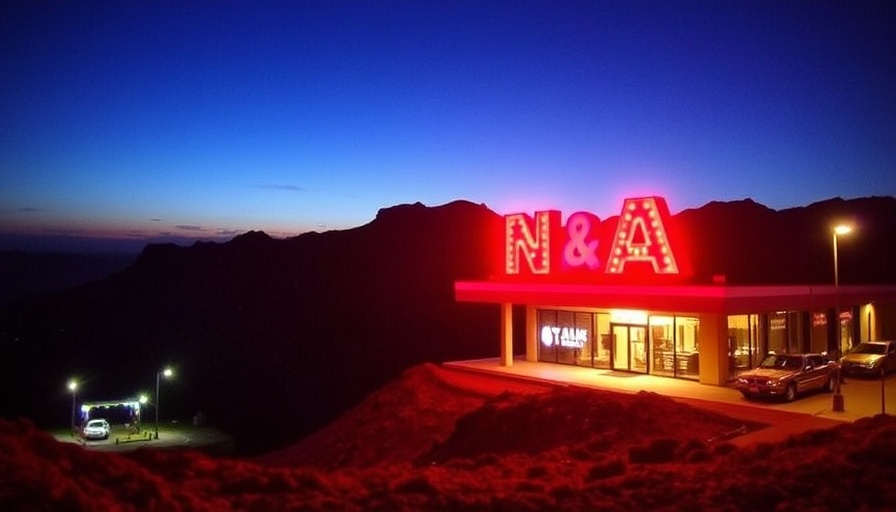
Los Angeles: A City in Crisis
The recent wildfires in Los Angeles have ignited not only flames across the state but also discussions about community resilience and political accountability. With wildfires threatening the homes and safety of countless residents, the sentiments expressed by late-night hosts like Jimmy Kimmel resonate deeply. Kimmel’s emotional return to television after evacuating his studio shows the personal toll such disasters take on individuals and the broader community. He succinctly captured the anxiety shared by many Angelenos: “Everyone who lives in this city knows someone whose houses have burned down.” This statement underscores the pervasive impact of the fires and the anxiety of uncertainty that follows, as residents are left questioning, “Is this really over?”
Human Connection Amid Despair
In the face of what Kimmel describes as a “sickening, shocking, awful experience,” there lies a silver lining: the spirit of camaraderie among neighbors. His acknowledgment of those helping others despite having lost their own homes reflects a unique facet of human nature—resilience and generosity thrive even in dire circumstances. This brings to light how crucial community connections are during crises, serving as a support network that fosters recovery and unity back to those affected.
The Warning Signs of Climate Change
The wildfires ravaging California are not unprecedented but signify a trend exacerbated by climate change. Rising temperatures and prolonged dry seasons serve as a background to this tragic tableau. Kimmel’s commentary on the federal response highlights the political landscape that often overlooks the urgency of climate action. The callous remarks made by public figures during such disasters can be seen as a stark warning, prompting discussions on accountability and genuine support for affected communities.
Actions Speak Louder: Recognizing Firefighters
In a moment of glaring contrast, Kimmel expressed gratitude towards the firefighters battling the blaze, calling attention to a often-overlooked aspect of crisis management: the people who risk their lives. Many firefighters, even those with criminal backgrounds, have volunteered their services. By recognizing their grit and dedication, we can challenge the stigma and appreciate their commitment amidst these human tragedies. It reflects a broader societal realization: every member of the community plays a role in recovery, reinforcing the notion that every effort counts.
Lessons for Digital Nomads
This devastation holds lessons particularly pertinent for digital nomads. As individuals who thrive in various settings, the wildfires remind us of the importance of sustainability and awareness in our travels. Understanding the environmental challenges facing a destination can enhance our travel experiences, allowing us to engage more meaningfully with local communities. Emphasizing eco-friendly travel can help protect these environments that, as Kimmel illustrates, are endangered by disasters.
Future Visions of Community Resilience
As we analyze the repercussions of the wildfires, a pressing question arises: How can communities adapt and rebuild? Predictions suggest a greater focus on resilience planning. Cities might adopt sustainable practices in housing and urban planning to mitigate the effects of future catastrophes. This is not just an environmental concern; it is about the health, safety, and sustainability of human life today and for future generations.
Conclusion: The Power of Collective Action
The painful experiences shared through Kimmel’s perspective represent just one side of a larger, dynamic narrative. As we navigate an era defined by extreme weather events and tragedy, the drive for community support, accountability, and environmental awareness is more significant than ever. As we witness acts of kindness amidst calamity, we are invited to reflect on how collective action can reshape our future, urging us to act, support, and engage with the issues that directly impact our environments and lives.
 Add Row
Add Row  Add
Add 




Write A Comment